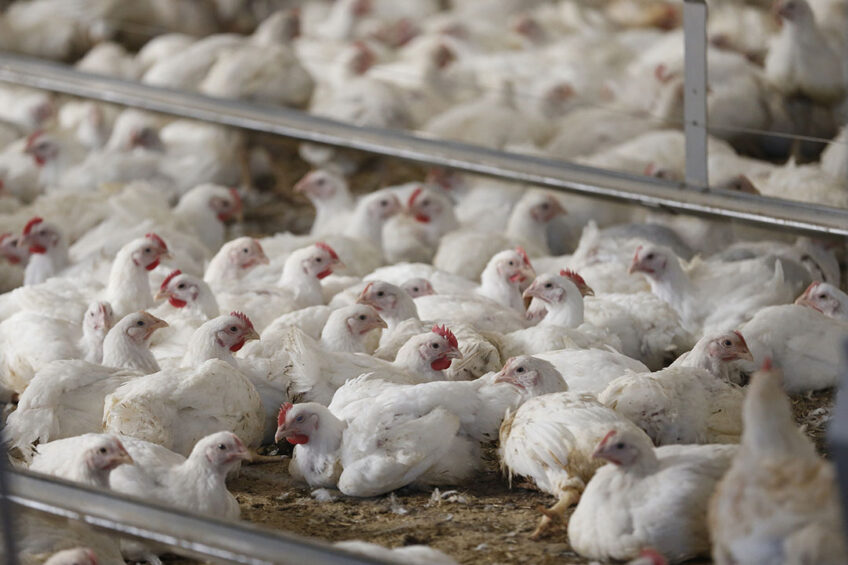Russia swings towards mass vaccination against bird flu

The Russian Union of poultry producers, Rosptitsesoyuz, has developed a new nationwide poultry vaccination strategy under which industrial farmers will be allowed to vaccinate the entire flock against highly pathogenic avian influenza.
Rosptitsesoyuz voices concerns over the rapid spread of bird flu in several other countries, warning that a series of outbreaks on the Russian territory could severely hamper production.
Illusion of control
Russian poultry farms invest heavily in biological protection, but complying with sanitary rules alone fails to prevent avian influenza outbreaks, Rosptitsesoyuz admitted.
“For example, poultry farmers cannot protect birds from airborne infection, and it is also impossible to prevent rodents infected with the virus from entering production sites, and even the spread of faeces of infected birds over poultry farms. Poultry farmers cannot control factors outside poultry farms – roads, railway stations, forests, swamps and other factors that contribute to the spread of the virus,” Rosptitsesoyuz said.
Food safety at stake
The key reason why Rosptitsesoyuz sees it necessary to turn to mass vaccination of poultry flocks is that the spread of avian influenza in Russia would threaten the country’s food security. The new strategy was developed following a meeting on 13 January with the Russian Agricultural Ministry where the threat of bird flu was discussed.
Speaking in July 2022, Natalya Moroz, deputy production director of the Russian federal centre for animal health, backed the idea of mass vaccination of poultry flocks. She said that this measure seemed relevant in the context of tough sanctions imposed by Western countries against Russia, also underpinning that a large outbreak could imperil food safety.
Sacrificing export
Russian authorities have discussed the idea of allowing poultry farmers to vaccinate poultry flocks against the bird flu since 2021. However, some market players warned against this step, stressing that it could nearly bar Russian poultry from access to some foreign markets.
A ban on vaccination is often indicated in veterinary certificates as a precondition for access to foreign markets, the Russian newspaper Kommersant reported. Mass vaccination against avian influenza at industrial farms in Russia is prohibited since vaccinated birds often get sick asymptomatically. The problem is that it is difficult to separate the strain obtained from the vaccine and the disease during laboratory analysis.













